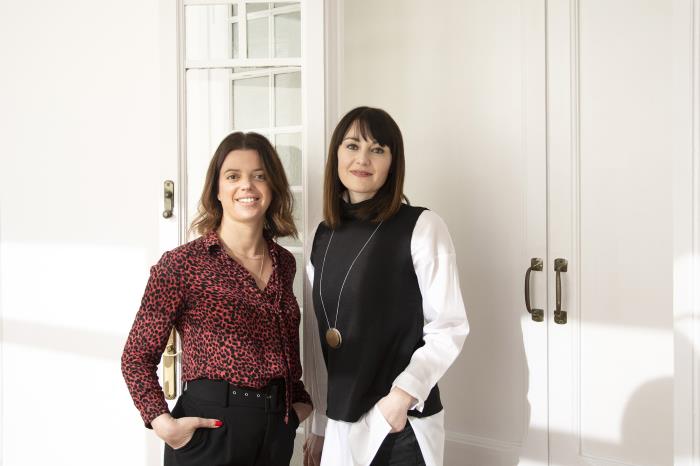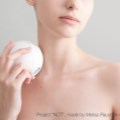

As the world changes in an accelerated pace, beauty branding is being reconfigured.
Cosmetics brands have never faced such fast, disruptive changes as in recent times. Digitalisation, sustainability, brand activism and holistic wellness are some of the keywords that have guided successful brands through the new ‘world order’. In this interview, Nora Hamelin and Ambra Orini, founders of The Beauty Makers (TBM), Quadpack partner and expert in beauty marketing, brand creation and product development, guide us through these new frontiers.
The beauty industry has changed in the last few years, following social transformations and market demands. What are the main developments you’ve seen in this market?
Ambra: The pandemic accelerated some of the trends we were already observing. Digitalisation is one of them, so everything related to digital beauty has been impacting the consumer experience. The importance of social networks to brands has increased, as well as innovation in apps, virtual tests, virtual skin analysis and the internet of things. Another trend that has been amplified is sustainability and holistic beauty, giving rise to personal care innovations that go beyond aesthetics, touching health and psychological spheres of life.
Nora: More than a trend, we see a turning point in the market. Digitalisation has increased acceleration and disruption, and we’re experiencing unprecedented levels of innovation, ranging from new business models and brands, new technologies and communication channels between brands and consumers. Rather than a trend, it’s the new framework in which our brand incubation proposal makes sense for brands in search for a 360° partner that will help them to gain leverage and time.
What is brand incubation?
Ambra: Incubation is about conceptualising the brand, developing its strategy, product and market positioning, but it also goes up to promoting it in digital media channels. It expresses our vision of 360° of TBM, whose mission and added value is to offer specialised services throughout the beauty value chain.
Nora: It’s a response to this very acceleration of the market, as it happened in the tech industry followed by others like fashion and now beauty. In an extremely fast-paced environment, beauty brand incubation helps brands, especially new ones, conceptualise what they want to do and accelerate it. In our model, we accompany our brands from brand creation to product strategy and industrialisation, all the way to product launch and digital campaigns.
The rise of indie brands and influencer brands has changed the beauty market. What attributes do these new brands have that are valued by the new generation of consumers?
Ambra: Beauty brands are evidently targeting a new generation of consumer who wants to understand what’s behind the brand, its ethical values, coherent practices and the causes they support. And then there’s the participation issue. These new consumers want to sit at the command centre with the brand and to co-create products, establishing a real conversation where they feel heard. The concept of promotion also evolves, as traditional advertising channels now share budgets and space with new digital formats.
Nora: One important issue is transparency, and we have seen this even more strongly with the COVID-19 situation. Younger and more conscious consumers are very clear about where they want to spend their money. It goes beyond buying a cream that works well for the skin, because there are many; they want to know about brands’ founders, the relationship with their community and what they support.
What is the challenge for the beauty packaging industry in this new scenario?
Ambra: Packaging is one of the building blocks of brand construction. It has to be harmonised with the brand equity that is being created, so if the product is very focused on sustainability, for example, the packaging must be consistent. It works the same for all brands’ attributes.
Nora: Although packaging has always been very important for beauty products, now it adds even more value because we are in a very visual world, enhanced by social media. Often, the first contact with the product is going to be on Instagram. The product must ‘wow’ consumers instantly. Brands are extremely conscious of the question, “How it's going to look on Instagram?” and this is where packaging plays a big role.
| Quadtags |
|
|---|---|
| Region |
|












































